Rwanda to Launch Model Schools for Food Quality Standards
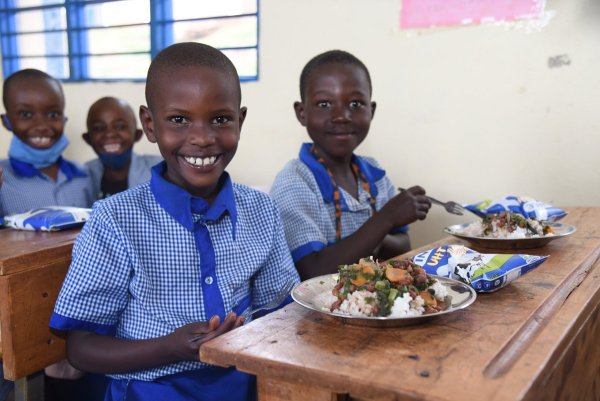
The Rwanda Standards Board (RSB) has unveiled plans to create a model school in each district by June 2025, aimed at educating schools and food providers on adhering to food quality standards for meals served to students.
This initiative was highlighted on Monday, December 16, 2024, during the conclusion of a training session for participants involved in the School Feeding Program. The campaign, which commenced on November 29, 2024, was conducted across 11 districts nationwide, where RSB collaborated with food providers, including farmers, distributors, local government officials, and school administrators. Together with the Ministry of Trade and Industry and the United Nations World Food Programme (WFP), RSB provided training focused on enhancing food quality standards.
Participants voiced several challenges, particularly in understanding how to improve food quality.
Gatera Emmanuel, the Director of the Quality Standards Department at RSB, remarked, “In sharing information as we did during the campaign, the challenges we identified include a lack of alignment with the regulations required for food provided to students. Suppliers often do not comply with what the food quality standards require.”
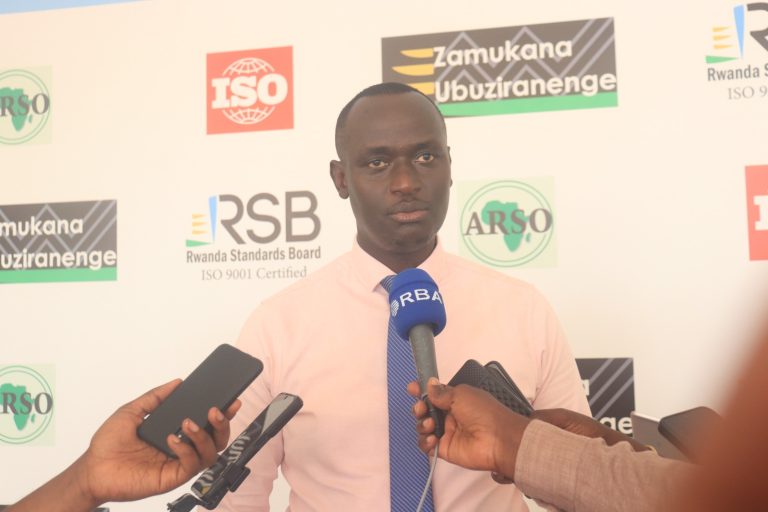
He further elaborated that by June of next year, each district would have a model school established to tackle the challenges faced by food providers and meal preparers in schools.
“All of this involves farming, processing the produce up to the person cooking, to ensure they can participate and also align with quality standards. In collaboration with the district and other stakeholders, we will set up a model school where people can learn. Our goal is to reach everyone we started with in that awareness campaign, teaching each individual,” he stated.
He also mentioned, “The next phase is to engage with our partners in this program, but our desire is to ensure that this is accomplished by June of next year.”
Some participants in the food supply and preparation chain for students noted that challenges remain in evaluating food quality standards. They believe that the establishment of this institution will aid them in providing food that meets quality requirements.
Hakizimana Jean Damascene, a food supplier for schools in Kigali City, commented, “The gap lies in going to the markets and knowing what to choose; often suppliers prioritize cheap options over quality because they want to maximize profits, and sometimes the cheaper options do not meet quality standards.”
Mujawamariya Odette, the Director of Remera Catholic School, stated, “We visually inspect the food; sometimes we find that suppliers bring us spoiled food. We would need something to measure if the products they bring us are good, and we know that this flour or rice is acceptable.”
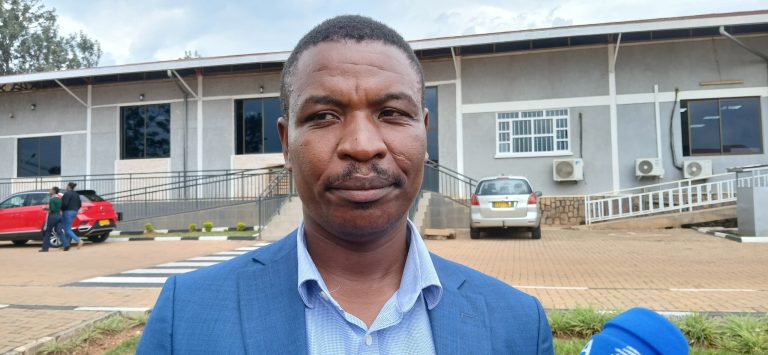
The school feeding program initially began in boarding schools, but since 2014, the Ministry of Education (MINEDUC) has also included a program to provide meals for commuting secondary school students. In 2021, the program expanded to include students from preschool through secondary education.
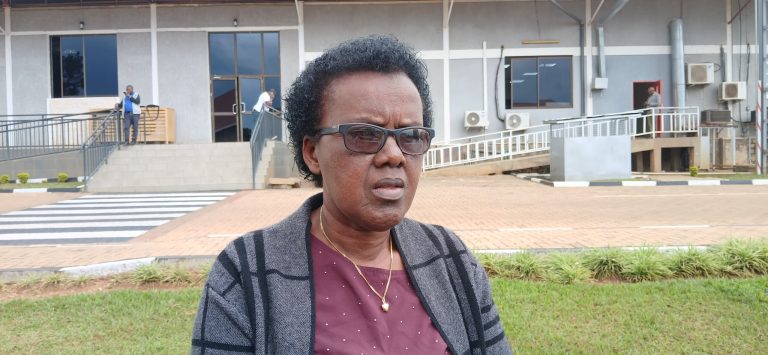
According to the Ministry of Education (MINEDUC), the program currently benefits over 4 million students in government and government-aided schools. For the 2023/24 school year, MINEDUC has allocated a budget exceeding 90 billion Rwandan francs for this initiative.
Looking ahead to the 2024/25 school year, it is anticipated that 94 billion Rwandan francs will be earmarked for purchasing food for schools and other necessary materials for the program.
Related Articles
The SFERE Clean Cooking Awareness Campaign: Advancing Solutions Through Community Engagement
Progress in clean cooking is happening one step at a time through...
Strengthening Rwanda’s SMEs for Circular Food Systems: Embedding Circularity Beyond Project Implementation for Long-Term Transformation
As Rwanda advances its circular economy ambitions, small and medium-sized enterprises (SMEs)...
Powering Food, Restoring Land: How Renewable Energy and Regenerative Agriculture Are Transforming Rwanda’s Farms
Across Rwanda’s rolling hills, a quiet revolution is underway. It begins in...
Late February Weather Alert: Heavy and Above-Average Rainfall Forecast Across Rwanda
The Ministry in charge of Disaster Management (MINEMA) has issued a weather...






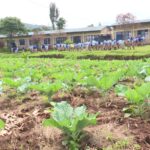


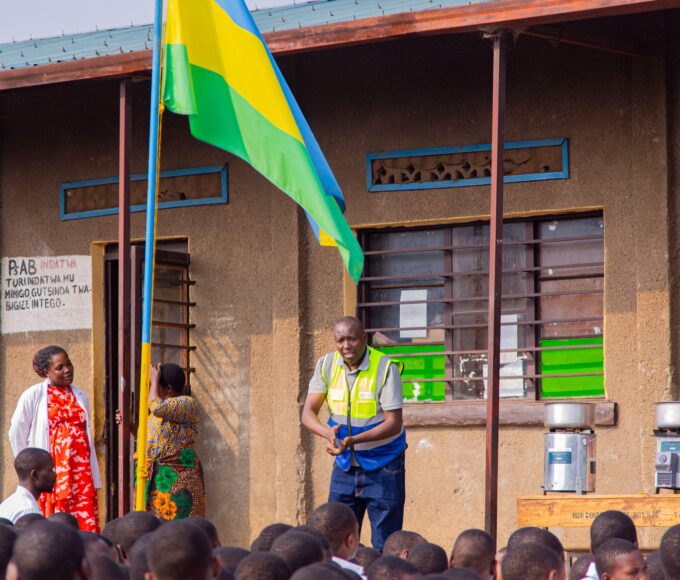
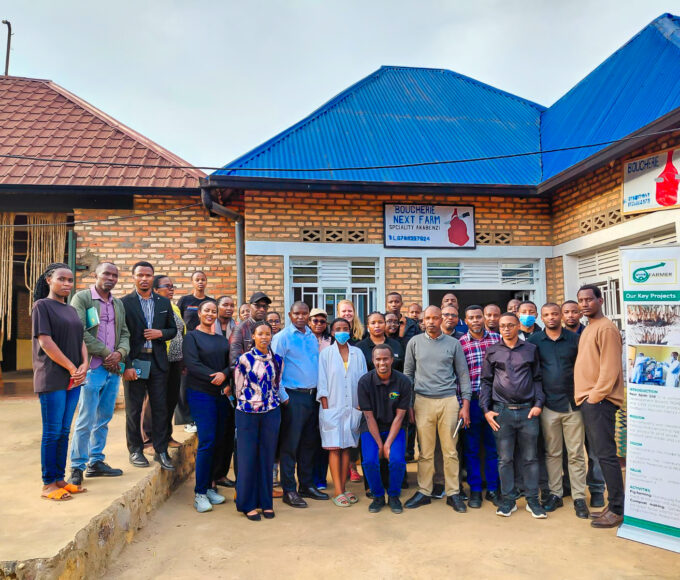


Leave a comment